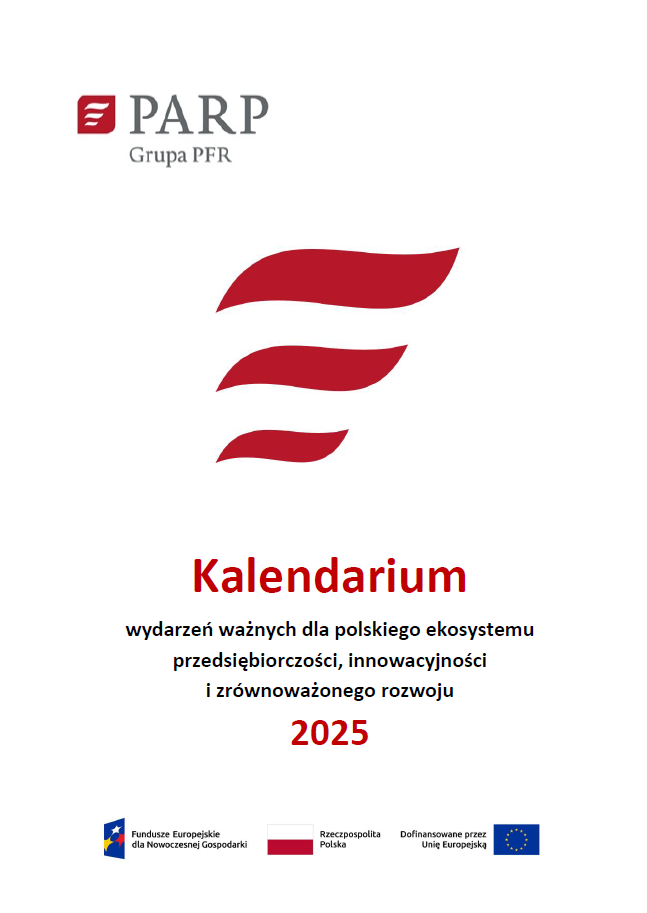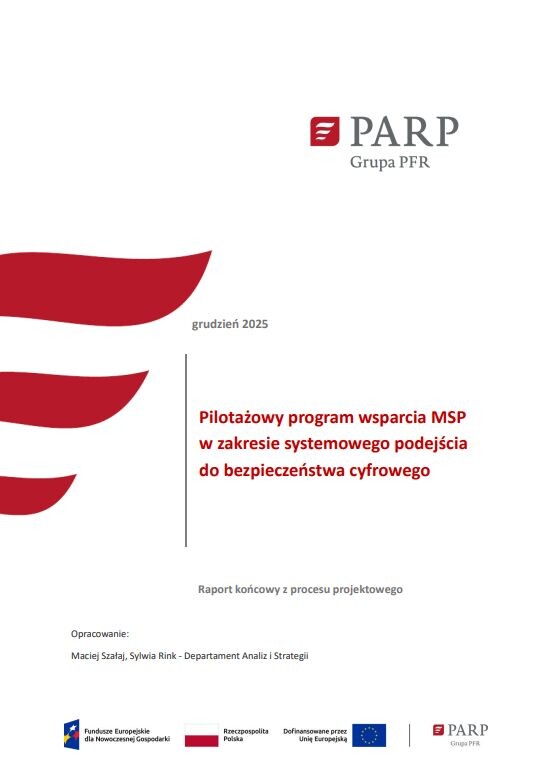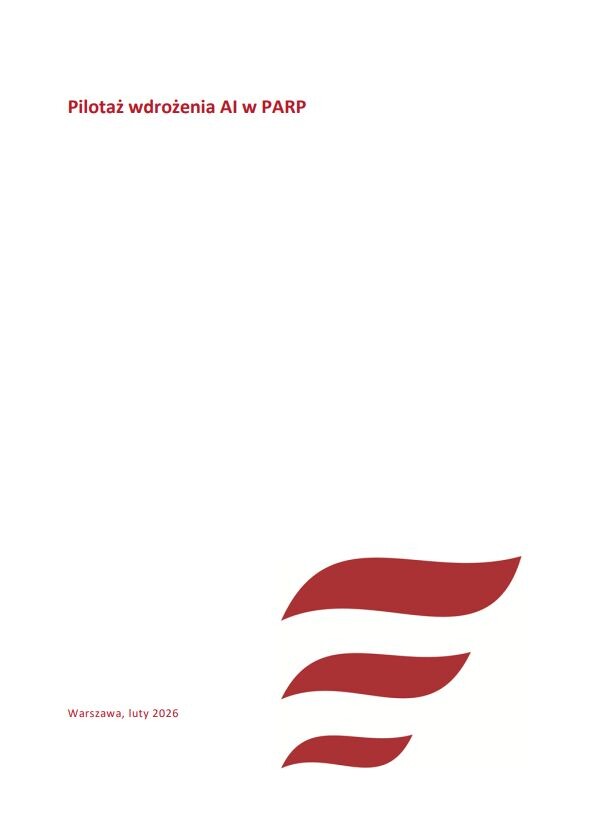Udzielamy informacji o programach pomocowych realizowanych przez PARP.
Competencies of Poles vis-a-vis the needs of the Polish economy (EN)
Seria: Study of Human Capital in Poland
Rodzaj publikacji: Report
Rok wydania: 2014
Język: EN
ISBN: 978-83-7633-293-2
Pobierz wybrany format publikacji:
The project Study of Human Capital in Poland allows us, for the fourth consecutive year, to present the situation in the Polish market in the various dimensions of relationship between the education and the economy. The whole period since 2010 has been not easy on the entrepreneurs. Poland did manage to avoid recession, but despite that, the overall business conditions were difficult. The increased business risk led to cautious personnel policy at enterprises, whose core was rather to maintain employment levels rather than to clearly expand. The first half of 2013 – the period of collecting data that is the basis of this report – was a particularly difficult time during that whole period. The long-announced economic revival was delayed, so there was no basis to create new jobs. The graduates, arriving into the labour market, more frequently did not find employment. Instead, they moved into the ranks of the unemployed and the emigrants.
The Study of Human Capital in Poland contains a reflection of this problem. The percentage of enterprises seeking employees was lower. Usually, new employees were sought for positions already existing at the enterprises. An even larger percentage of companies seeking employees complained of difficulties with finding the right candidates. One could think that, as that the number of unemployed and of jobseekers ready to commence work grew, while the number of companies seeking employees as well as the number of available jobs fell, the situation should be in reverse. This paradox can be explained by increasingly selective hiring processes under the harsher market situation. The companies seek primarily employees who have the necessary knowledge and skills and are able to achieve full work productivity as soon as possible, and who do not require additional investment by the employer. In the third chapter, this hiring policy has been given the name “sieve strategy” and has been identified in most enterprises (72%), as different from the strategy of investing into personnel. This is of course only an analytical differentiation. The economic pressure increasingly induces all enterprises to apply the “sieve strategy.” This in turn makes difficult the situation of graduates of various education levels who enter the labour market. They do not possess – because they cannot possess them – the very important skills acquired through experience at the workplace. They usually require a certain preliminary investment and time to achieve their full capabilities. If they have to compete for the dwindling number of jobs with employees who do possess experience and skills gained through work, they lose this competitiveness more frequently.
Remedying this phenomenon is difficult. The system of education has its limits regarding its ability to prepare future employees to work in conditions that they would encounter after graduating from the schools or institutions of higher education. The same factors that hamper the ability of enterprises to invest in their employees also hamper the ability to ensure access to good quality internships for the students, which would allow them to gain certain work experience already in the course of education. The dual training system, cited as the advantage of the German or Austrian education systems, requires an appropriate level of involvement of the enterprises. This is a difficult challenge, because Poland’s economy is dominated by very small companies and the business innovation level is low. It is easier to ensure dual training in a situation where the enterprises apply the policy of investing into their employees on a wider scale. The low level of the involvement of adult Poles into education, visible in comparison with other countries, indicates that the employers are not interested in their employees’ increasing their competencies. They do not create conditions supporting further training. Given this situation, it is not easy to find internships or apprenticeships for young apprentices. This situation shall pose a serious risk for public policy under the so-called “guarantees for the young,” which assumed that school leavers and graduates would be rapidly offered employment, internships, or training to improve their employability.
We present the results of our research in gradually improving economic conditions. The labour market is also starting to react to the rise in demand. However, the entire European economy, which includes also the open economy of Poland, is still licking its wounds after the recent crisis. It shall need some more time to regain vigour. The key challenge for Poland is to move the economy into the path of innovative development and to build its international competitiveness under these new conditions. This requires institutional challenges, which is innovation in economic policy and other public policies.
Spis treści
Chapter I - Balance of employer needs and labour market potential during recession
Chapter II - Sectoral study of competences – expectations of employers and the higher education learning outcomes on the example of Krakow
Chapter III - Trailing behind Europe – the conditions and strategies for development of competences of adult Poles
Chapter IV - Students of fields strategic for the polish economy – educational choices, professional strategies and the outlook for the future
Chapter V - Self-assessment of “hard” and “soft” competencies of students of upper secondary schools
Inne publikacje, które mogą Cię zainteresować











